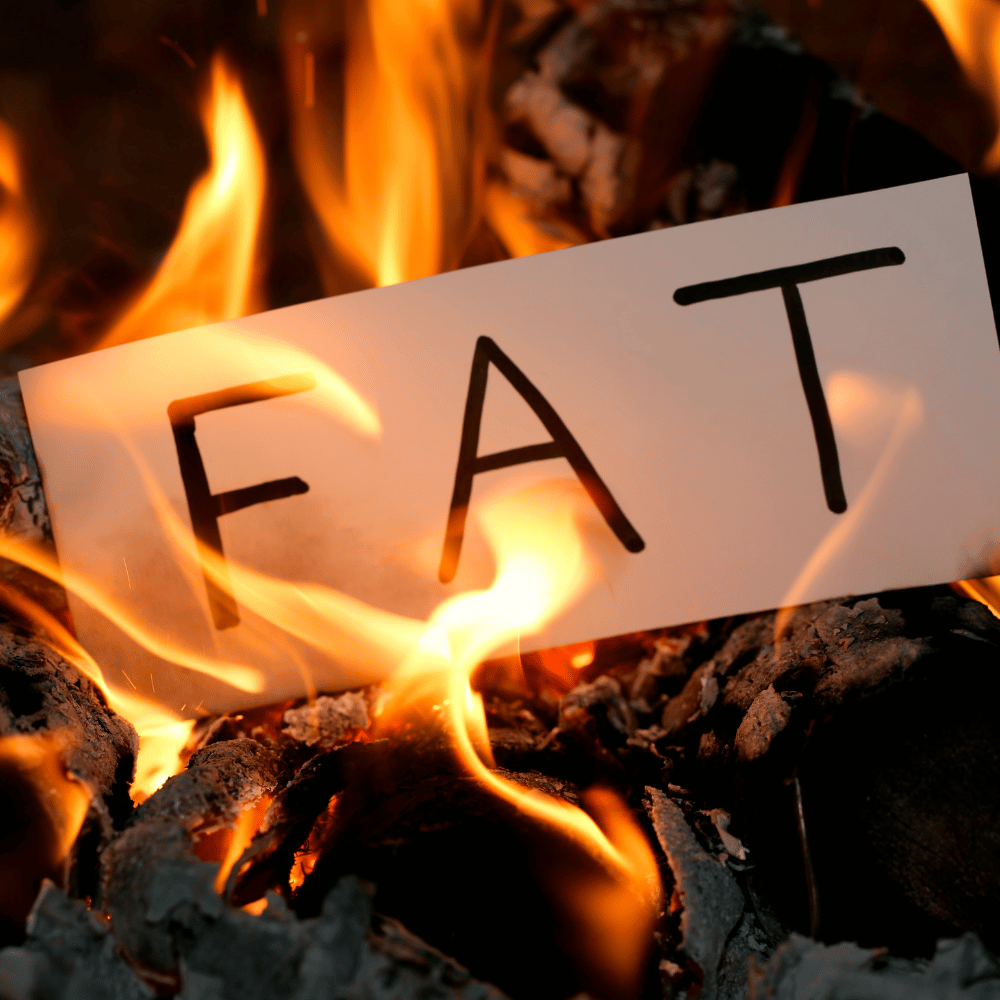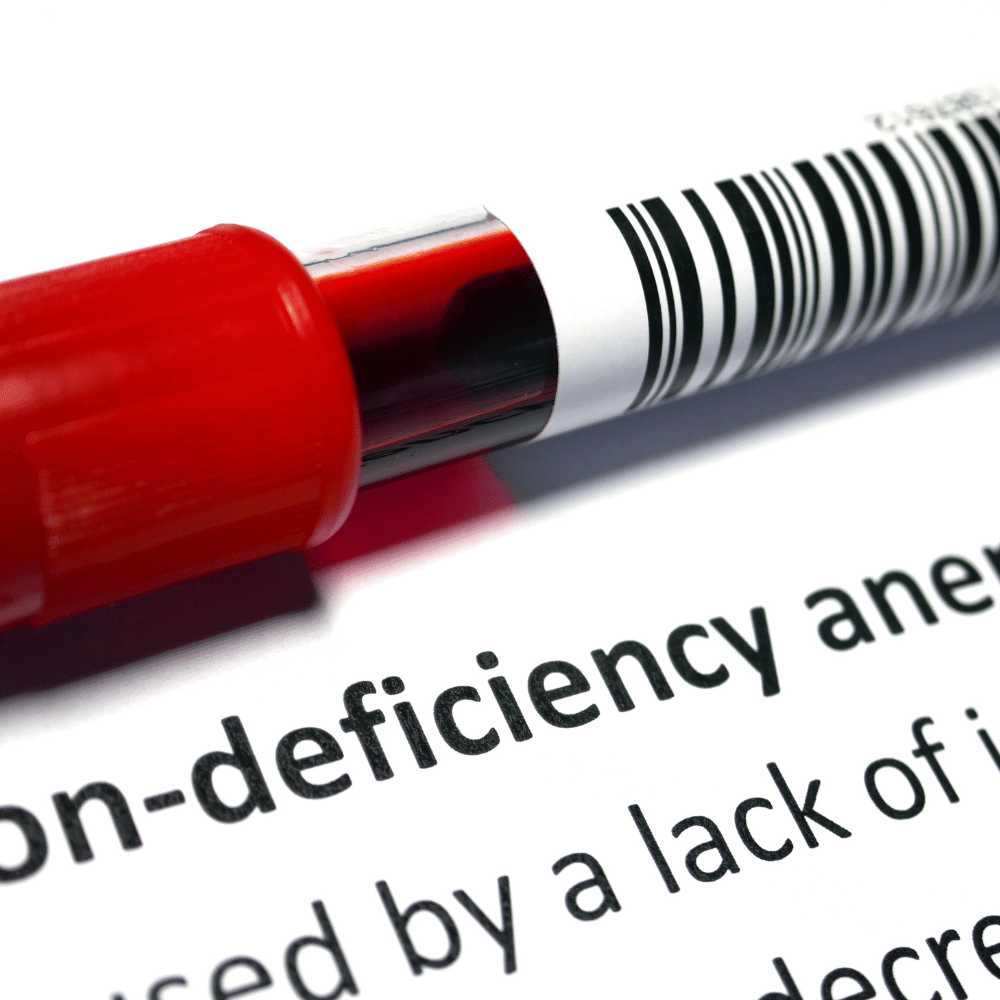Fasting has become a popular way to lose weight, improve health, and increase athletic performance. But what is the difference between clean fasting and dirty fasting? In this article, we'll explore how these two approaches differ in terms of calorie intake, health benefits, and potential risks. Read on to learn more about how each type of fasting works.
What is Clean Fasting?
Clean Fasting is an integrative and functional approach to nutrition that goes beyond the typical calorie-restriction practices of intermittent fasting. Clean Fasting is a lifestyle that focuses on whole-body wellness with an emphasis on clean eating, nourishing exercise, and stress management. It also involves daily fasting for 12–16 hours as an additional way to support detoxification and facilitate healing.
By using time-restricted eating habits, Clean Fasting helps establish healthier patterns of eating by limiting excessive snacking or grazing throughout the day. By removing overly processed foods and focusing on nutrient-dense foods such as vegetables, fruits, nuts, seeds, legumes, and healthy fats from plant oils like olive oil or avocado oil one can help optimize their overall health through anti-inflammatory molecules found in plants called polyphenols which are known for providing antioxidant protection against free radicals damage. In addition to replacing processed sugary snacks with nutrient-dense options, this practice can increase satiety levels helping you feel fuller longer between meals encouraging mindful eating rather than overeating due to being hungry between meals or social occasions involving food.
Regularly including physical activity into your routine can also benefit your health when combined with Clean Fasting because regular movement not only delivers oxygenated blood providing nutrients to our cells but it helps reduce inflammation in the body while improving energy levels associated with proper restful sleep allowing us more productive days while feeling energized during this 12–16 hour fasted window during the day! This practice has been used by cultures around the world since antiquity due to its many benefits ranging from improved digestion up through cellular regeneration often seen in younger individuals making it an excellent choice for anyone looking to be proactive about their health journey!
Nerd Fitness is an excellent resource on Intermittent Fasting and other aspects of health and well. Go to take a look at their content!



How Does Dirty Fasting Work?
Dirty fasting is essentially a modified version of IF that allows for some caloric intake during the fasting window—typically around 500–600 calories per day. This can come from healthy sources like bone broth or high-quality protein powders, or it could come from junk food like candy bars and processed snacks. Dieters who practice dirty fasting still get some benefits with weight loss due to its lower calorie count than regular meals, it also carries some risks that should be taken into consideration before attempting it.
What Are the Drawbacks of a Dirty Fast?
Dirty fasting is a type of intermittent fasting that involves consuming meals with high-calorie, low-nutrient content as part of one's regular diet. Dirty Fasting can be an effective and efficient way to achieve weight loss goals, however, some drawbacks to this approach must be considered when deciding if dirty fasting is right for you.
One significant drawback of dirty fasting is the potential for long-term health consequences due to inadequate nutritional intake. Since the meals consumed during dirty fasting generally contain fewer vitamins and minerals than what is typically recommended by dietary guidelines, it can lead to deficiencies in essential nutrients such as iron, manganese, and Vitamin B12 over time. Additionally, dirty fasts often contain foods high in unhealthy fats or processed sugars, promoting negative impacts on blood cholesterol levels and increasing one's risk for developing diabetes or other chronic diseases.
It should also be noted that depending on how many calories are consumed during a dirty fasting period (which varies depending on the person) people may find themselves feeling fatigued or having difficulty focusing as they become deficient in critical macronutrients like protein or carbohydrates which provide energy throughout the day. This sort of fatigue may inhibit overall productivity if not planned around effectively and when combined with nutrient deficiencies may eventually lead to serious health issues such as allergic reactions or complications due to impaired immune function.
Overall while there can be benefits enjoyed by undertaking Dirty Fasting it must be done carefully with consideration given toward overall nutrition intake throughout all parts of your diet so that any negative consequences associated with inadequate nutritional intake can be avoided.



Health Benefits of Clean and Dirty Fasting
Both clean and dirty intermittent fasting has been shown to have beneficial impacts on health markers such as blood glucose levels, blood pressure, insulin resistance, and body fat percentage. However, when it comes to long-term health benefits, clean fasting tends to outperform dirty fasting due to its higher nutrient density and lower amount of processed foods that are often found in “dirty” fasts (such as artificial sweeteners).
Summary: Dirty Fasting vs Clean Fasting
Fasting has become a popular method for losing weight, boosting energy levels, improving overall health markers such as blood glucose levels, blood pressure, and insulin resistance—and increasing athletic performance. There are two main types of fasting: clean and dirty; each has its own set of pros and cons depending on your goals. Clean fasts involve abstaining from all food while dirty fasts allow for a certain number of calories during the fasted window (usually around 500–600 calories).
Both types of fasts may provide similar short-term health benefits but clean fasts tend to offer greater long-term effects due to their higher nutrient density and lower amount of processed foods typically found in “dirty” fasts such as artificial sweeteners. Ultimately however which type you choose will depend on your own goals - whether it's weight loss or improved athletic performance - so be sure to do your research beforehand!
Related Pages:







